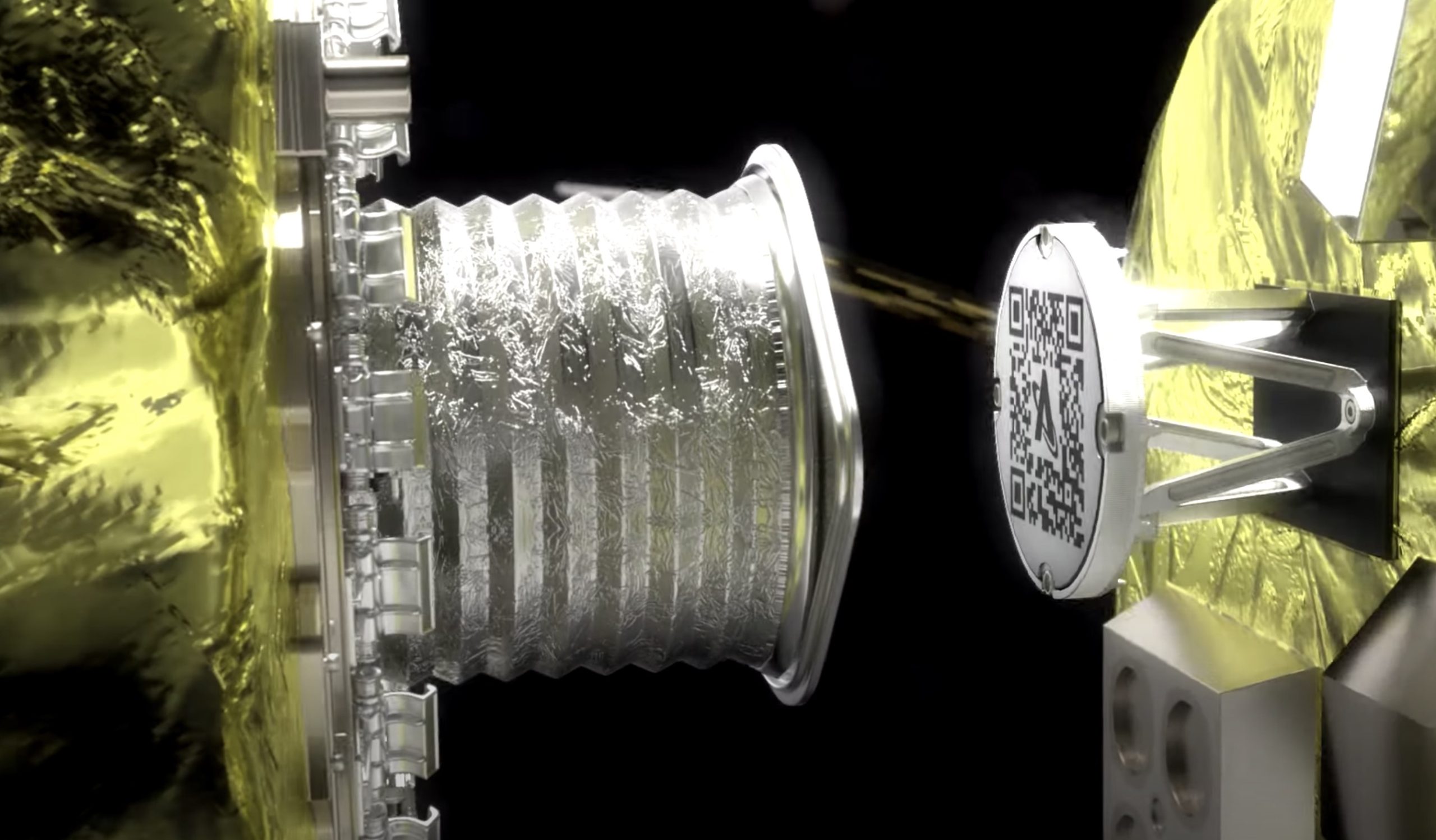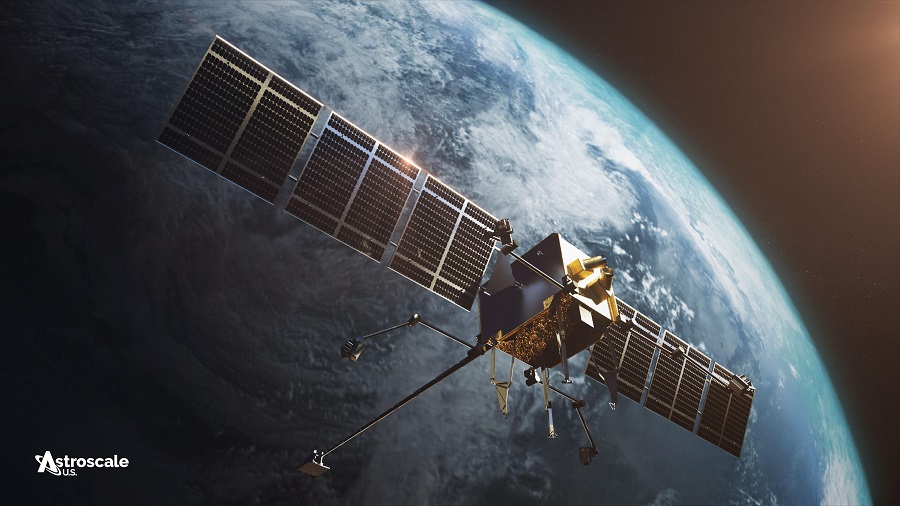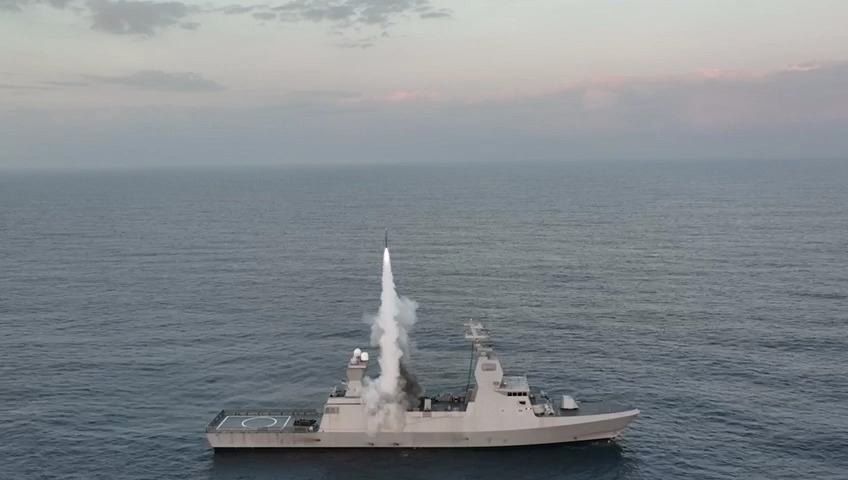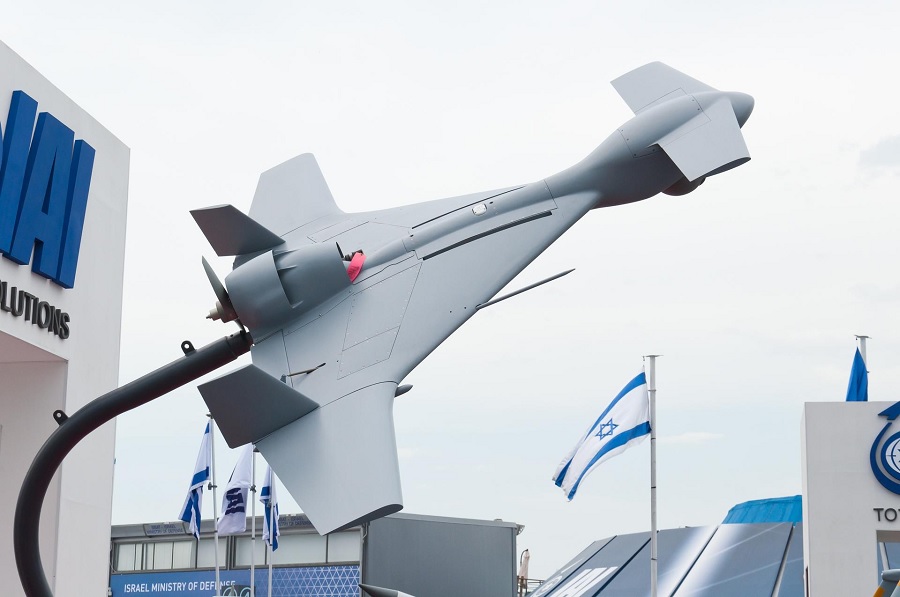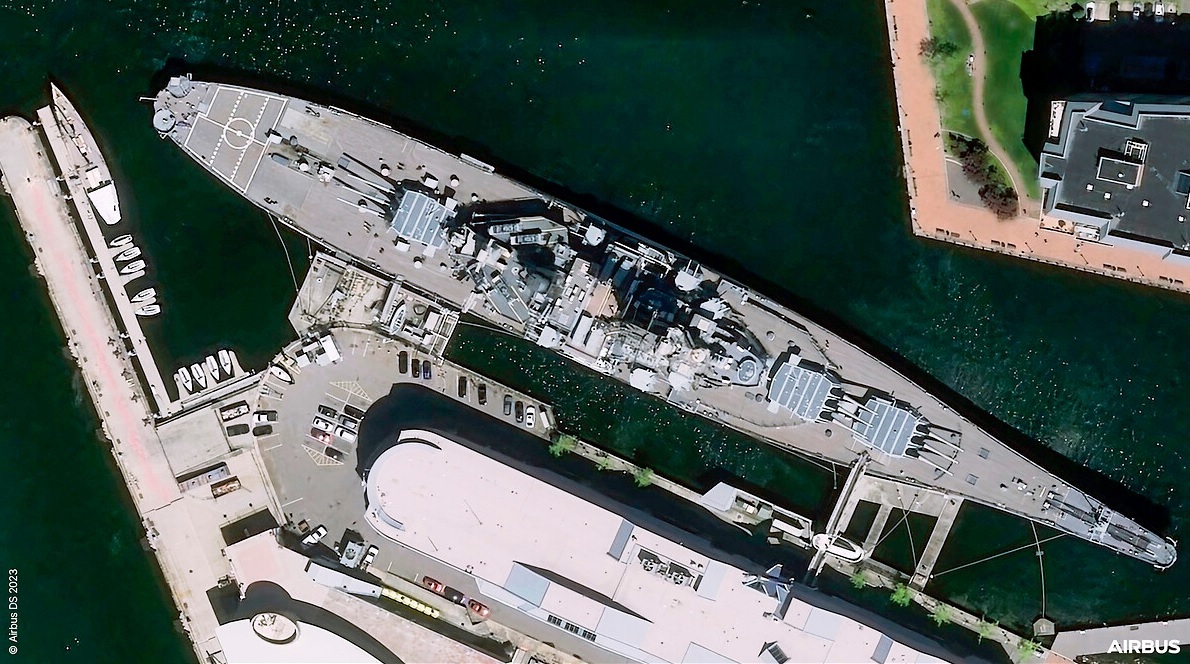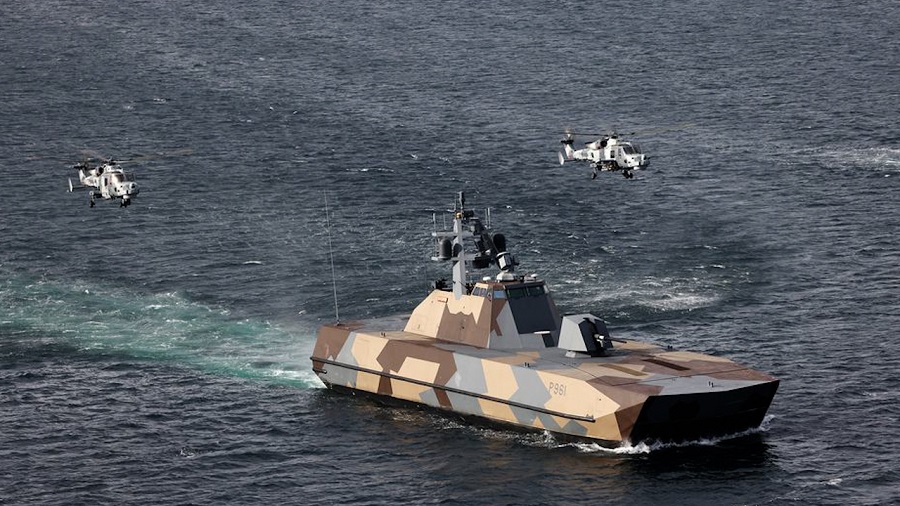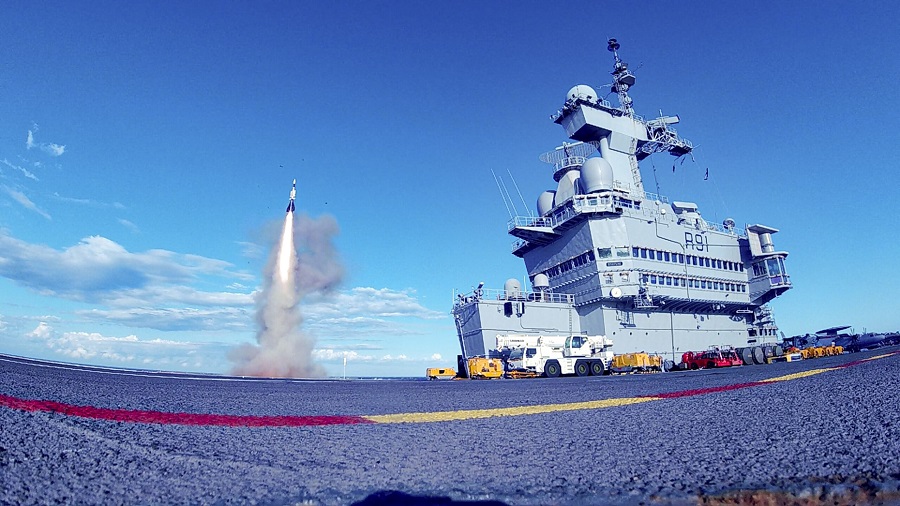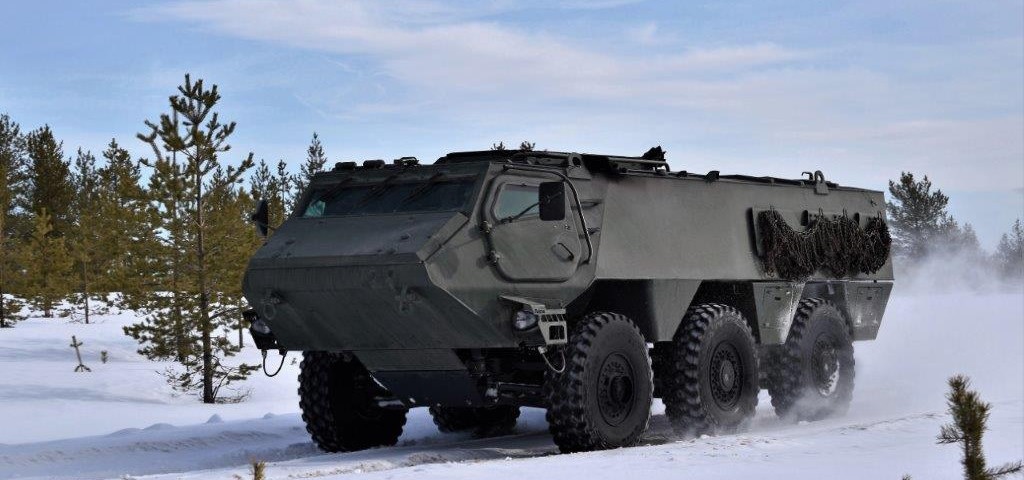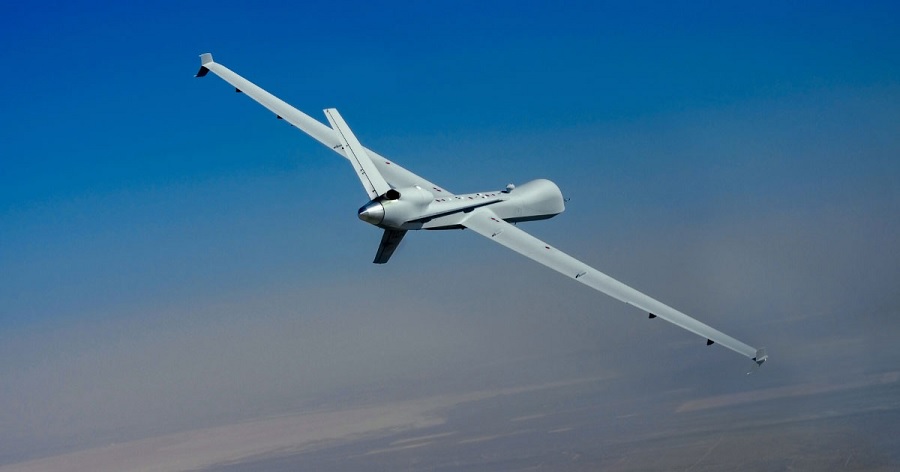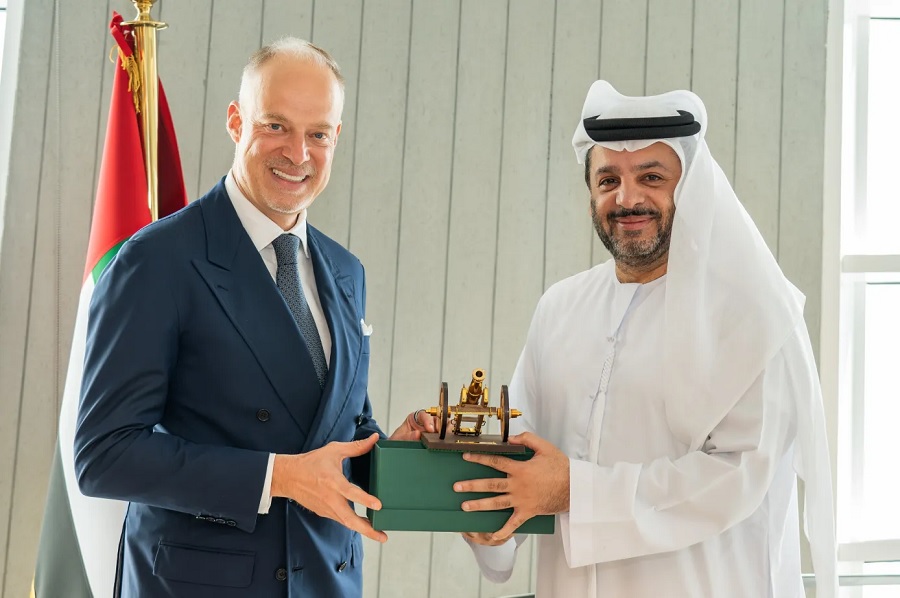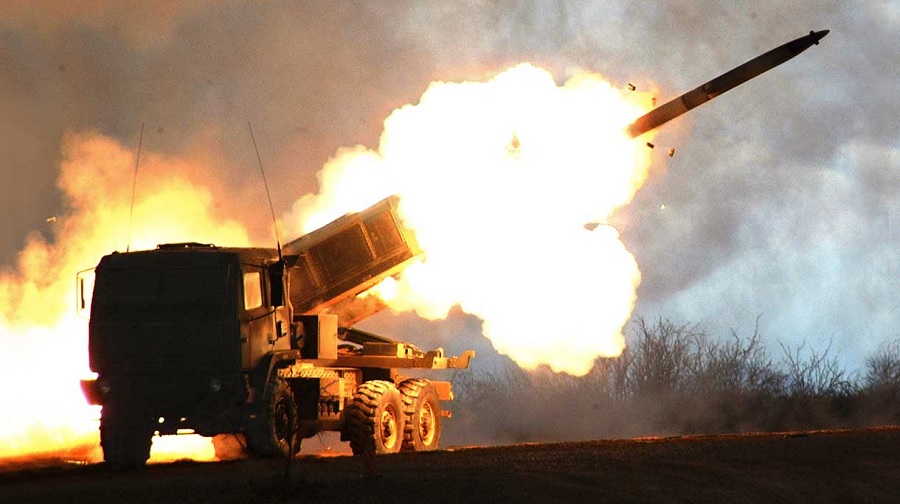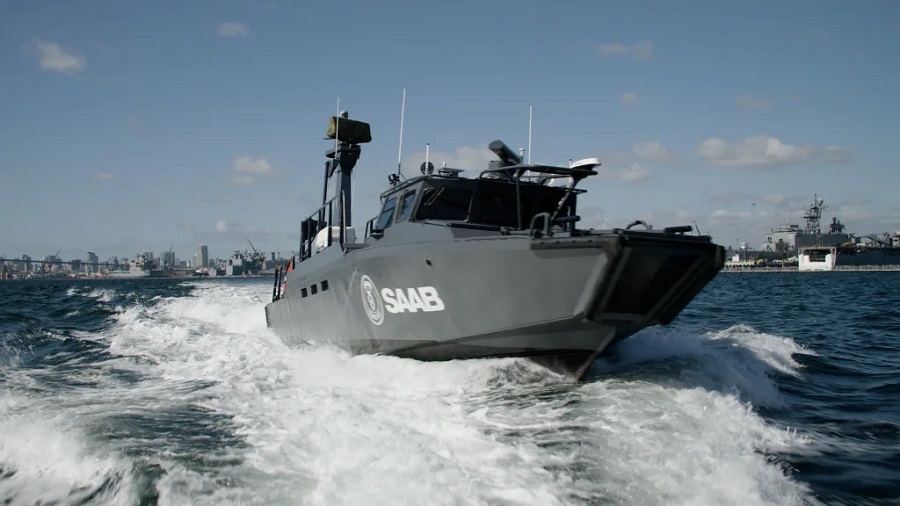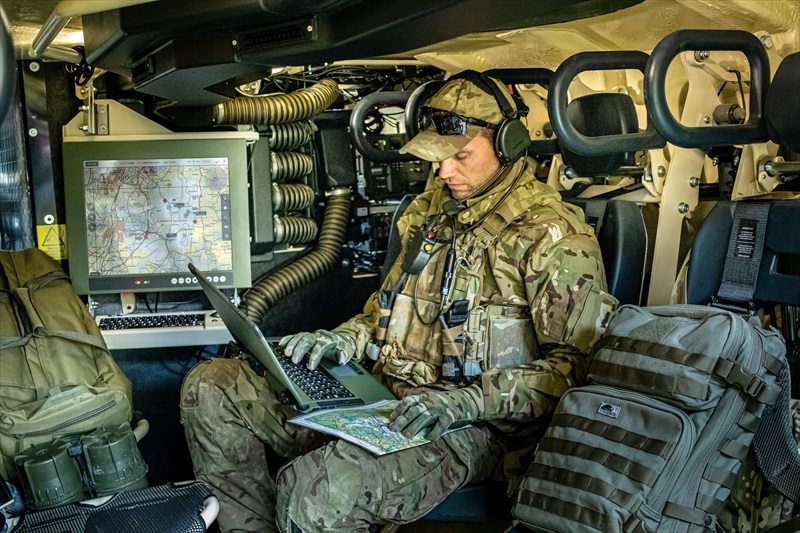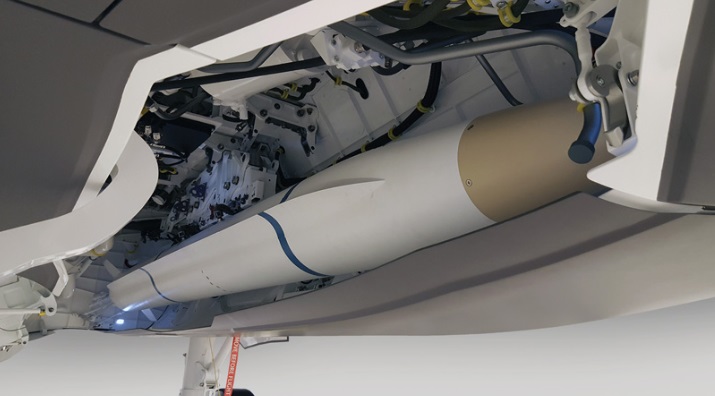The problem of reducing and disposing of space debris in orbit around the Earth concerns many in the space industry, especially considering that several companies are planning to launch thousands of LEO (Low Earth Orbit) satellites in the coming years. Currently, there are over 2,200 documented ‘dead’ satellites, and there have been more than 630 cases of orbital collisions in recent years.
The new End of Life Services by Astroscale-Multiple (ELSA-M) vehicle, a spacecraft designed and built by Astroscale, the market leader in satellite service and long-term orbital sustainability, will provide ‘end of life’ services to those satellites. Its main mission is to capture disabled or malfunctioning satellites. “Space, today, is dangerously crowded,” says Ofir Azriel, Managing Director of Astroscale Israel.
During the company’s previous space mission in 2021, featuring ELSA-M’s predecessor, ELSA-D, the company successfully demonstrated the ability of magnetic capture for satellites in preparation for entering commercial activity. The new model, ELSA-M, after being launched into space and arriving at the site of the malfunctioning satellite, will perform a visual inspection before connecting to it. ELSA-M will then use its propulsion to lower the decommissioned satellite into an atmospheric orbit where it will break up and burn safely. At this point, ELSA-M will disengage and begin moving to rendezvous with its next target.
At the same time, the company announced the launch of its Generation 2 docking plate. The new plate will make it easier to attach to malfunctioning satellites and offer what Azriel calls “a necessary starting point for a variety of service options and a more responsible use of the Earth’s orbital resources.” The company aims for the docking plate to become a standard product installed on all future satellites in LEO, providing a low-risk, rigorously tested solution that supports over 15 years of flight lifetime. The Docking Plate is highly compatible with multiple docking techniques, ensuring flexibility and servicer agnosticism. Advanced fiducial markers also enable accurate optical determination for enhanced accuracy and safety during servicing missions.
Astroscale, partially funded by the British Space Agency and the European Space Agency (ESA), aims to be the first company to demonstrate the commercial use of the new service. ELSA-M will be sent into space next year, with the first task being to demonstrate attachment and diversion to the destruction orbit of the OneWeb satellite, which will be pre-equipped with Astroscale’s new docking plate. In 2021, Astroscale signed a $3.2 million deal with OneWeb, which plans to launch more than 6,000 satellites into LEO, benefiting from Astroscale’s reliable services for decommissioned satellites.


